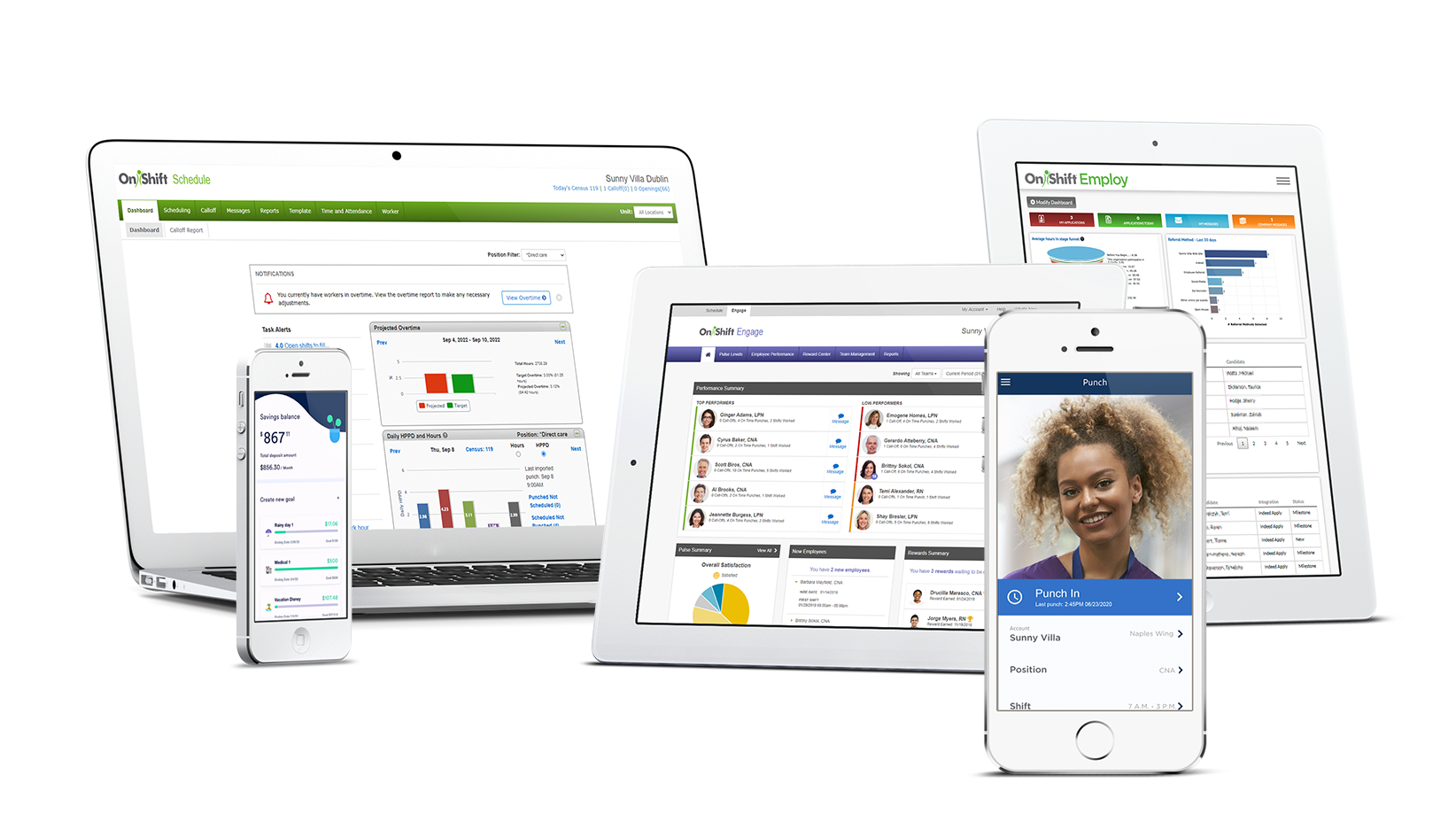November 18, 2016 | Marti Bowman
November 18, 2016 | Marti Bowman
 One size doesn’t fit all when it comes to communication in the workplace.
One size doesn’t fit all when it comes to communication in the workplace.
It’s natural to fall into certain communication habits. If there’s an important message to get out, then force of habit might cause you to quickly send an email. But sometimes, taking the time to think about how to best convey what you’re getting across will benefit your company—and your employees—tremendously.
In selecting a communication channel, it’s important to think about the purpose of the message and whom you’re intending to reach. From there, you can think about how information is communicated through different channels, and their advantages and disadvantages.
Consider the following communication channels, where they might apply within your senior care business and the pros and cons of each, according to CEB, a best practice insight and technology company.
Central Communication: Distributing a message through a centralized channel
Examples: Emails, memos, intranet posts
Use: Update or inform a significant group of workers about topics of great concern or large company initiatives
Pros: Scaleable and reaches many stakeholders
Cons: Hard to determine impact and little opportunity to clarify messages. In addition, many workers in senior care may not have a company email address or access to an intranet.
Mobile and Social Media: Communicating via text messages or social media platforms
Examples: Text messages, Company blogs, Twitter & Facebook accounts, discussion forums
Use: Sharing company viewpoints, creating a dialogue, as well as distributing time-sensitive information and alerts
Pros: Drives engagement, makes information easily accessible and gives a human face to your company
Cons: Little control with communication, can lead to public rejection of corporate agendas and may misrepresent a company’s purpose
Leader Presentations: Disseminating a message from a leader to many employees
Examples: Conferences, town halls, CEO videos/blogs
Use: Distributing important announcements, and motivating and energizing your workforce
Pros: Excellent way to address issues, and from a highly credible source
Cons: One-way communication and not always an easy environment for workers to ask questions
Manager Cascades or Dialogues: Connecting with employees directly
Examples: Team meetings, one-on-ones
Use: Problem solving, translating strategy to action, informing workers on team-specific or individual matters
Pros: Trusted source, personal, helps resolve issues, drives behavioral changes
Cons: Time intensive, variability in manager communication skills throughout a company
Beyond specific communication channels to consider, it’s necessary to think about your workers and their preferences, as well. Tech-savvy employees might respond better to a direct text message from their managers, while others might respond better to face-to-face communication.
In any case, the main thing management should remember is to think before they communicate if they want to be as effective as possible in a given scenario.Subscribe to the OnShift Blog
Recent Posts
Categories
About Marti Bowman
As Chief Marketing Officer, Marti brings significant experience leading go-to-market strategies, product marketing, communications and PR programs for technology startups as well as Fortune 500 organizations. Prior to OnShift, Marti was a principal product director at Oracle, where she drove global go-to-market strategies for the Oracle Fusion Middleware product portfolio. She joined Oracle through the acquisition of BEA Systems, where she was a product marketing manager.
See for yourself why thousands of providers rely on OnShift’s innovative software for recruitment, hiring, workforce management, pay and engagement. Request your personalized demo today.
